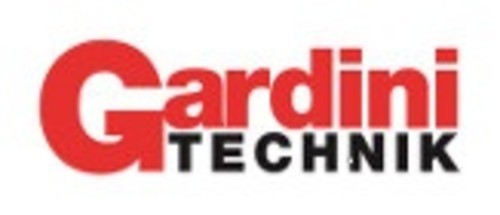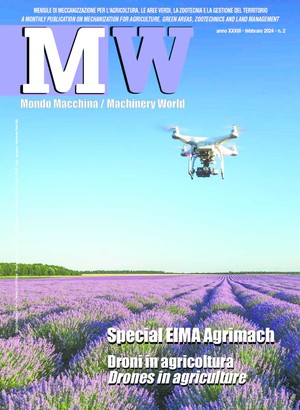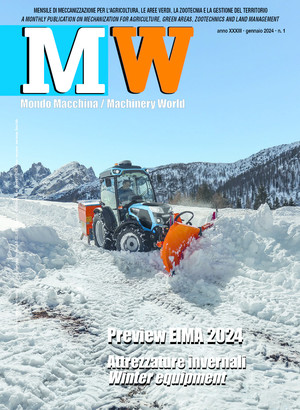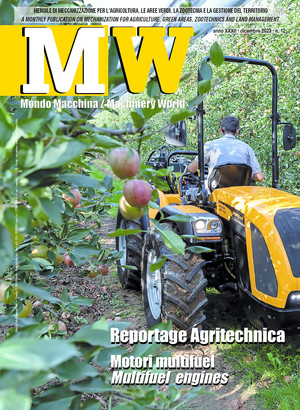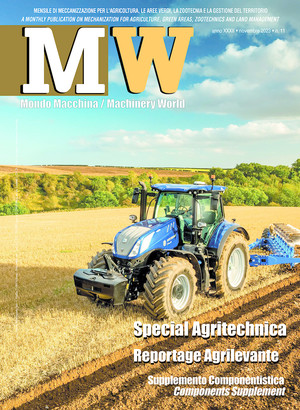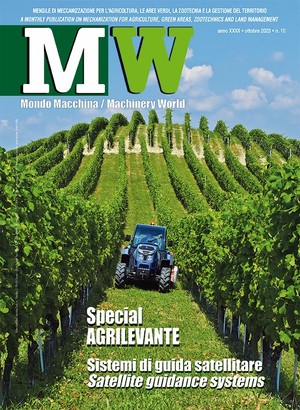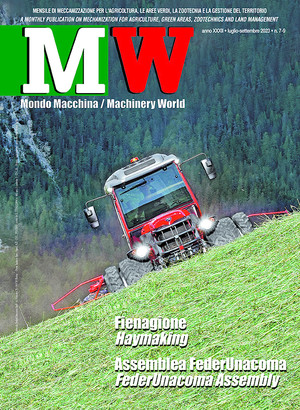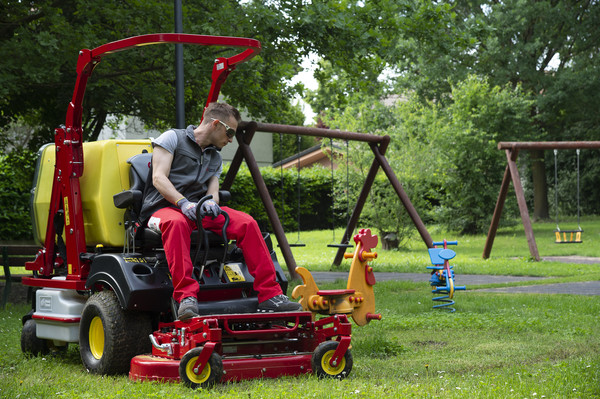
Purchases of gardening equipment down
In the first nine months of the year, the Italian market recorded an overall decline of 12%, and according to Comagarden's calculations, the end of the year is expected to be around -7%. Inflation reduces the propensity to purchase gardening equipment, especially on the part of the general public of private individuals and hobbyists
The market for gardening and landscaping machinery and equipment recorded an overall decline of 12% in the first nine months of the year. With the exception of a few types of vehicles that mark increases compared to the nine months of 2022 - such as hedge trimmers (+12.7%), brush cutters/linetrimmers (+16.8%), blowers/suction collectors (+2.8%), professional ride-ons (+28%) and shredders (+5%) - most of the other types show more or less marked decreases. Lawn mowers fell by 23%, motor hoes by 26%, petrol brush cutters by 14% and chain-saws by 12%. The climatic trend of the year - characterized by high temperatures and low rainfall - has significantly penalized snowplows, which at the end of September accumulate a deficit of 53%. These data - provided by the Morgan statistical survey group which includes most of the manufacturers - form the basis for the forecasts drawn up by the trade association Comagarden, which estimates a loss of 7% at the end of the year. The total number of machines and equipment sold is expected to be around 1 million and 263 thousand units in the final balance sheet. In numerical terms, the most purchased types of vehicles will be chain-saws (328 thousand units expected), petrol brush cutters (212 thousand) and lawn mowers (208 thousand). The gardening market – recalls Comagarden – has had significant increases during the pandemic period, as a result of the greater stay of people in their homes and the greater attention to a healthy lifestyle linked to nature. In the current year, however, there is a lower propensity to invest in the sector, partly due to the return to more ordinary living conditions and partly due to inflation, which reduces the purchasing power of households and leads to postponing investments in hobby-type activities.

